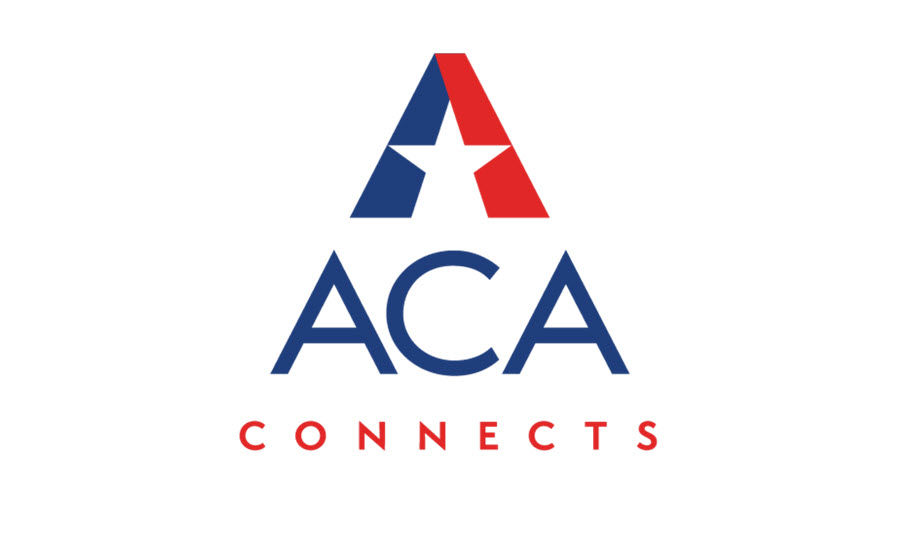ACAC: Some Providers Trying to Game Broadband Benefit Transfers
Asks FCC to investigate practice and take enforcement action

The smarter way to stay on top of broadcasting and cable industry. Sign up below
You are now subscribed
Your newsletter sign-up was successful
ACA Connects is telling the Federal Communications Commission that some of its competitors appear to be gaming Congress's $3.2 billion Emergency Broadband Benefit (EBB) subsidy program, and is urging it to investigate.
The FCC said this week that the program already has more than 6 million sign-ups.
In meetings with Wireline Competition Bureau staffers, representatives of ACAC members Armstrong Utilities, Mediacom Communications and WideOpenWest, who are participating in the EBB subsidy program, said they were alerting the FCC to “potential misconduct among some EBB providers in performing benefit transfers,” conduct they said causes confusion and frustration for households.
FCC rules allow households to switch EBB providers at any time by signing up for the program with a new provider. But those rules also say a provider may not enroll a household already enrolled with another provider if the household “is not seeking to transfer” the benefit, according to an ACAC member.
ACAC, which represents smaller, independent cable operators, said some providers are doing a lot of benefit transfers without the household even knowing about it, much less seeking it. ACAC told the bureau that when its members have contacted households to confirm the intention to switch the benefit to another provider, “the household has been surprised to learn that a benefit transfer has occurred and that, as a result, the household’s up-to-$50 benefit would no longer be applied to the service they are receiving from the ACA Connects member company.”
ACAC said those transfers tent to come at the end of each month, suggesting providers are attempting to game the reimbursement process by getting the full month‘s benefit, “while the ACA Connects member or other provider that had been serving the household for virtually the entire month loses any right to claim any reimbursement.”
ACAC said it wanted the FCC to investigate and take any enforcement action necessary, as well as issue an enforcement advisory that clarifies that a provider may not transfer the benefit without the the household’s informed consent and that such consent must be adequately recorded as part of the FCC's document compliance process.
The EBB provides as much as $50 per household — $75 for homes on tribal lands — and a one-time device subsidy of up to $100 for laptops or desktops, as long as the household chips in at least $10 toward the device cost.
The smarter way to stay on top of broadcasting and cable industry. Sign up below
Contributing editor John Eggerton has been an editor and/or writer on media regulation, legislation and policy for over four decades, including covering the FCC, FTC, Congress, the major media trade associations, and the federal courts. In addition to Multichannel News and Broadcasting + Cable, his work has appeared in Radio World, TV Technology, TV Fax, This Week in Consumer Electronics, Variety and the Encyclopedia Britannica.

